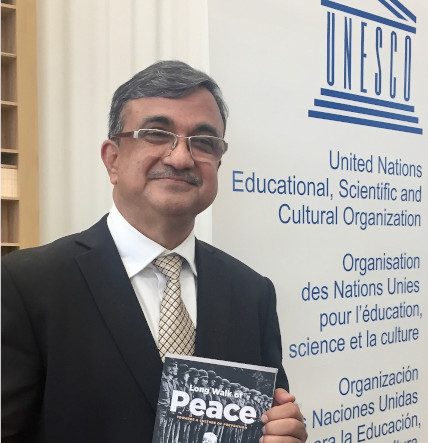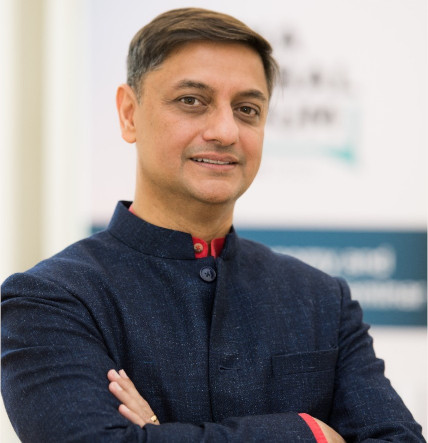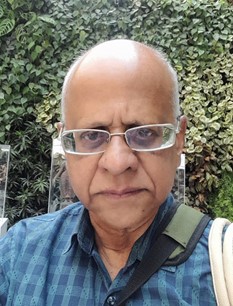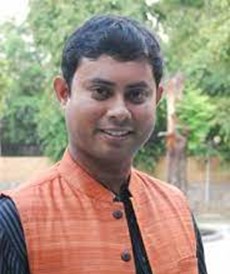Gautam R. Desiraju is a structural chemist who has been in the Solid State and Structural Chemistry Unit of the Indian Institute of Science, Bangalore, India since 2009. Prior to this, he had been in the University of Hyderabad for 30 years. He has played a major role in the development and growth of the subject of crystal engineering. He is noted for gaining acceptance for the theme of weak hydrogen bonding among chemists and crystallographers. His books on crystal engineering (Elsevier, 1989; World Scientific, 2011) and the weak hydrogen bond in structural chemistry and biology (OUP, 1999) are particularly well known. He is one of the most highly cited Indian scientists with more than 475 research papers, 65000+ citations and an h-index of 103. He has won international awards such as the Alexander von Humboldt Forschungspreis, the TWAS award in Chemistry, and the ISA medal for Science from the University of Bologna.He has guided the PhD work of around 40 students and mentored around 100 post-doctoral associates. He has edited three multi-author books on solid-state and supramolecular chemistry.
He is a member of the editorial advisory boards of Angewandte Chemie, Chemical Communications and Journal of the American Chemical Society. He is a former President of the International Union of Crystallography. He is a recipient of an honorary doctorate degree from the Universidad Nacional de Córdoba, Argentina, Rayalaseema University, Kurnool and Gulbarga University, Kalaburagi. He was awarded the Acharya P. C. Ray Medal (2015) of the University of Calcutta for innovation in science and technology. He is the chairperson of the governing council of the Bose Institute, Kolkata. At present, he is also a distinguished Professor at UPES Dehradun and a member of the Academic Council of Rishihood University.
His recent book “Bharat: India 2.0” is his first publishing venture outside the scientific domain and is concerned with the constitutional history of India and the re-imagination of India as a civilizational state rather than a nation-state. A second book on “India’s supply chains in a changing world” is in preparation.
He supervised the design of an S20 whitepaper titled: Disruptive Science for Innovative and Sustainable Development.











